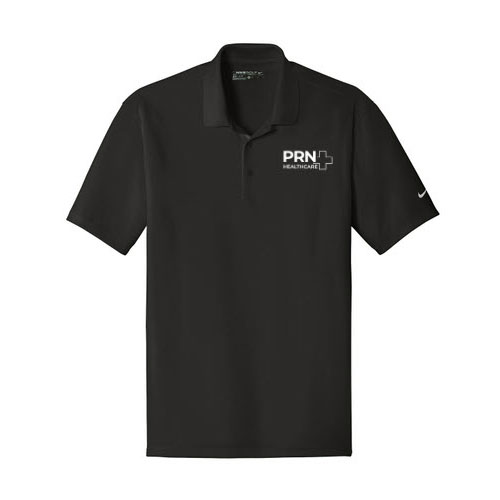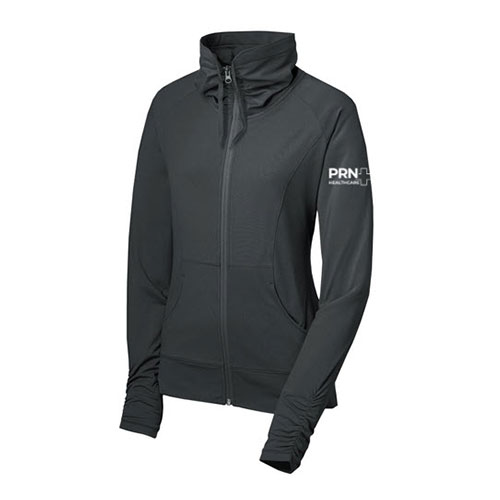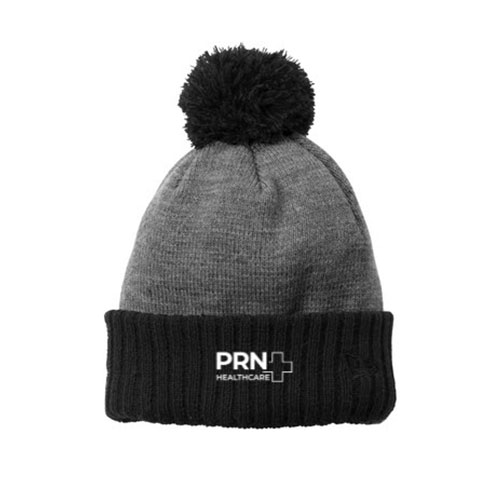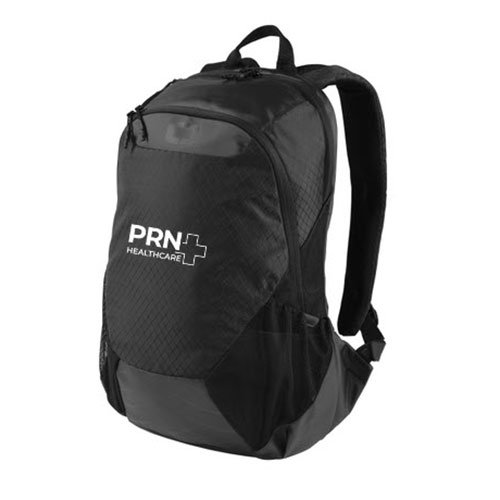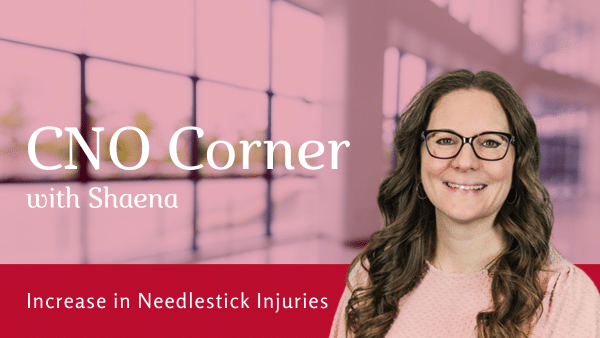
We have been seeing an alarming increase in needlestick injuries within the last year throughout the healthcare industry. Needlesticks are when your skin is punctured by a used needle. This can happen when unsafe practices are happening in the workplace due to passing of needles, capping and uncapping needles, and not disposing of the needles in a proper way. We get it, healthcare workers are BUSY and unfortunately can also be understaffed which can lead to an increased chance of needlesticks injuries. Getting stuck with a contaminated needle can have potentially disastrous implications, especially if the patient has hepatitis B, hepatitis C, or HIV. Below I’ll talk about how to avoid needlesticks and what to do if a needlestick happens.
What You Can Do To Avoid A Needlestick Injury
Needlestick injuries are preventable! You need to get in the mindset of “slowing down to speed up”. I am a nurse myself, and I know how hectic and chaotic it can be on the floor. You are worth the time to ensure you are practicing safely with sharp instruments though. Follow the below tips to avoid a needlestick injury.
- Avoid the use of needles where safe and effective alternatives are available
- Use devices with safety features provided by the facility
- Avoid recapping needles
- Plan for safe handling and disposal of needles before using them
- Promptly dispose of used needles in conveniently placed and appropriate sharps disposal containers
- Take your time when performing tasks with needles
- Slow down and take your time, your health is our priority
What To Do If You Experience A Needlestick Injury
In the event that a needlestick injury occurs, keep calm and follow the protocol below.
- Wash needlestick location with soap and water
- Report the incident to your manager AND PRN Healthcare immediately
- Immediately seek medical treatment- post exposure lab work should be drawn from you AND the source patient
- Follow-up lab work and prophylactic medication may be recommended based on the source patient’s health history and lab result – every hour counts if this medicine is needed
Contact the Exposure Prophylaxis Hotline (PEPline) at 1-888-448-4911 for managing exposure to HIV.

